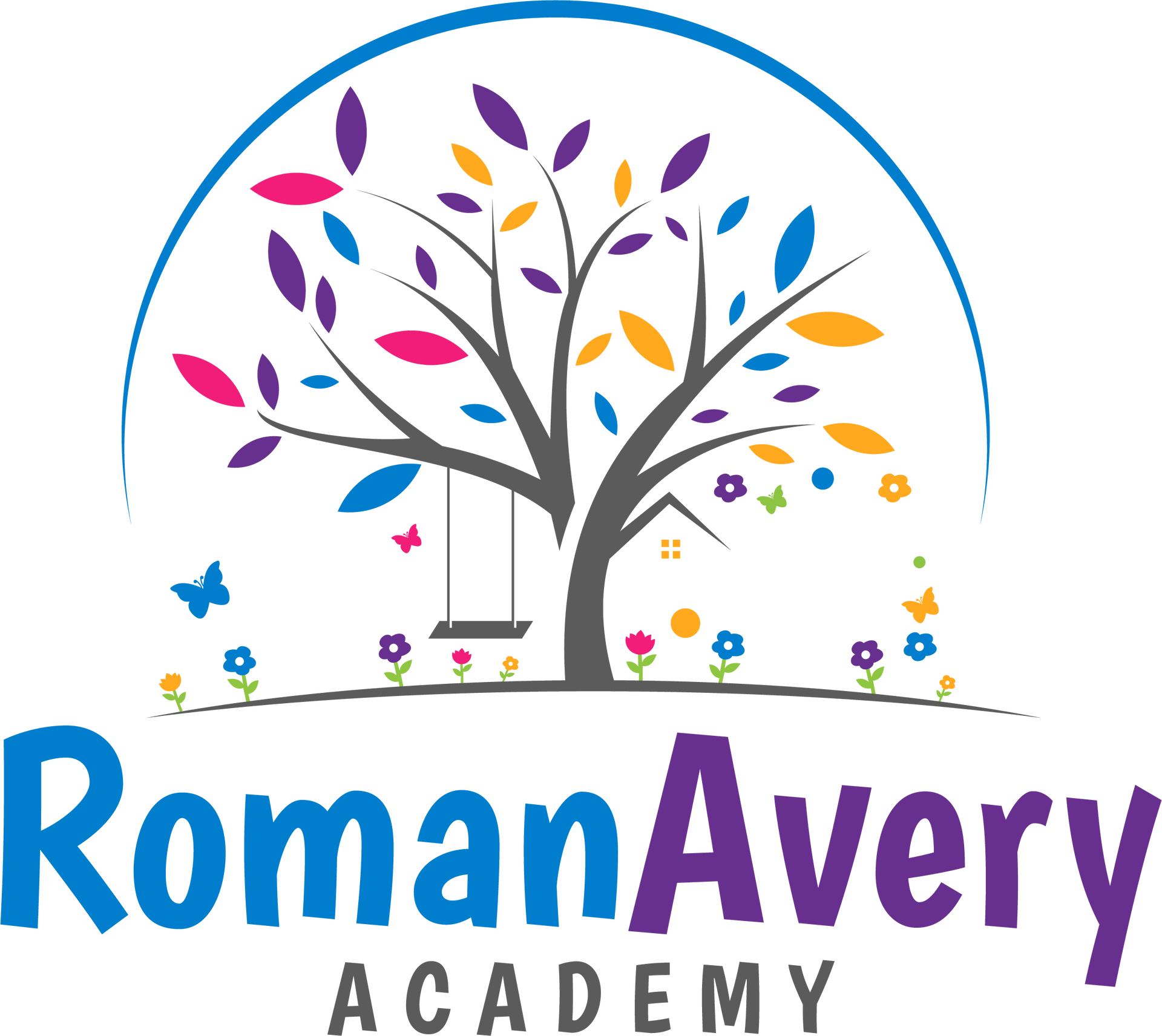Call Today For Enrollment Information 440-233-4189
Our Curriculum
Knowledge-Based Learning
What is knowledge-based learning? It puts the emphasis of education on teaching and learning. It builds strong foundations for later learning and effective participation in the classroom. It also allows equal access to knowledge and promotes excellence and fairness. Shared knowledge makes communication possible.
Kindergarten & First Grade Curriculum
History & Geography in the Curriculum - In Kindergarten, our program starts with exploring our world, a broad overview of our planet, and many of the ways we have to explore it. Our students learn about continents, while visualizing the pandas of China, children celebrating Holi, the festival of color in India, the animals of the rainforests, and many other familiar and unfamiliar scenes on our planet. Students learn about Native Americans, exploring America, and learning about the presidents of Mount Rushmore. Students will build on this knowledge in future grades. In the first grade, our program takes a deeper dive into continents, countries, and maps. Students will be introduced to ancient civilizations like Mesopotamia, ancient Egypt, Mexico, and America.
Math in the Curriculum - Our program offers students the opportunity to develop conceptual understanding and procedural fluency while they work with the teacher to apply math in the real world.
Science in the Curriculum - Our science curriculum provides students with a firm basis in science and engineering. We believe in early exposure to science while supporting a student's learning progression toward a more complex understanding of science.
The Arts in the Curriculum - The arts is not a peripheral party of the curriculum but an essential part of the knowledge all children should learn in the early grades. Our curriculum provides many opportunities to sing, dance, listen to music, play, act, read and write poetry, draw, paint and make objects. Equally important, children are exposed to fine paintings, great music, and other inspiring examples of art. Attaining a basic knowledge of the arts, children are not only better prepared to understand and appreciate works of art, but also to communicate ideas, feelings, and judgements to others.
Reading & Phonics in the Curriculum - Our program is an explicit and systematic program that teaches children the foundational skills necessary for proficient reading. We follow a carefully developed scope and sequence designed to ensure that students acquire each skill needed to develop confidence.
Preschool & Pre-K Curriculum
Early childhood years are critical to building foundational skills that young children need for success in school and life.
Our program focuses on fundamental competencies and specific knowledge to build foundations for later learning in kindergarten and beyond. Students learn about important people in American history, conduct science experiments, build a strong vocabulary, engage with rich texts, and learn new math skills all in a unique and fun environment.
Our ELA program has a strong emphasis on phonics. We learn how to listen to sounds around us, play rhyming games, and learn songs. Many of our pre-k students leave our program ready to read or have mastered basic reading skills.
Infant / Toddler Curriculum
Our program provides even our youngest students the skills needed to thrive in preschool and beyond including, social skills, pre-literacy skills, critical thinking and problem-solving skills.
Students in the first 12 months, learn, change, and grow so quickly. There are distinct differences in developmental milestones between younger and older infants. Our curriculum provides engaging activities for babies and focuses on caring adult relationships.
Students ages of 12 to 24 months are full of activity, movement, language, and initial steps of independence. Everything can be new and exciting, or a bit challenging and frustrating. We focus on building practical skills, language, social and emotional learning - all with relationship-focused teaching and care for each student.
Students ages 24 to 36 months, become more and more independent when they have opportunities to do things for themselves and have logical consequences. They are learning from their behaviors and choices, trying lots of new things, getting messy, and learning how to clean up. The "I" is strong with this group of students as they begin friendships, strengthen relationships with teachers and learn how to talk and communicate in more sophisticated ways. We build children's knowledge and give students choices and options to empower them.
Roman Avery Contact Information
Roman Avery Academy
5046 Broadway Ave.
Sheffield, OH 44052
440 233-4189
info@wittletown.com
Career Opportunities
Roman Avery Academy in Sheffield Township OH
Lorain County Private Schools
Enroll Your Child in Preschool
Schedule a Preschool Program Tour
Lorain County Preschool Programs
Preschool and Child Safety
Download a Free Children’s eBook
Previously Wittle Town Preschool
Roman Avery Academy in Sheffield Township OH | Privacy | Accessibility
Preschool, kindergarten prep, private kindergarten, child care, daycare, early childhood learning center, elementary schools, private schools, infant childcare, charter schools, first grade private school options, near Amherst, Avon, Avon Lake, Elyria, Grafton, Preschool, Lorain, North Ridgeville, Oberlin, Roman Avery Academy Sheffield, Sheffield Lake, South Amherst, Vermilion Ohio.


